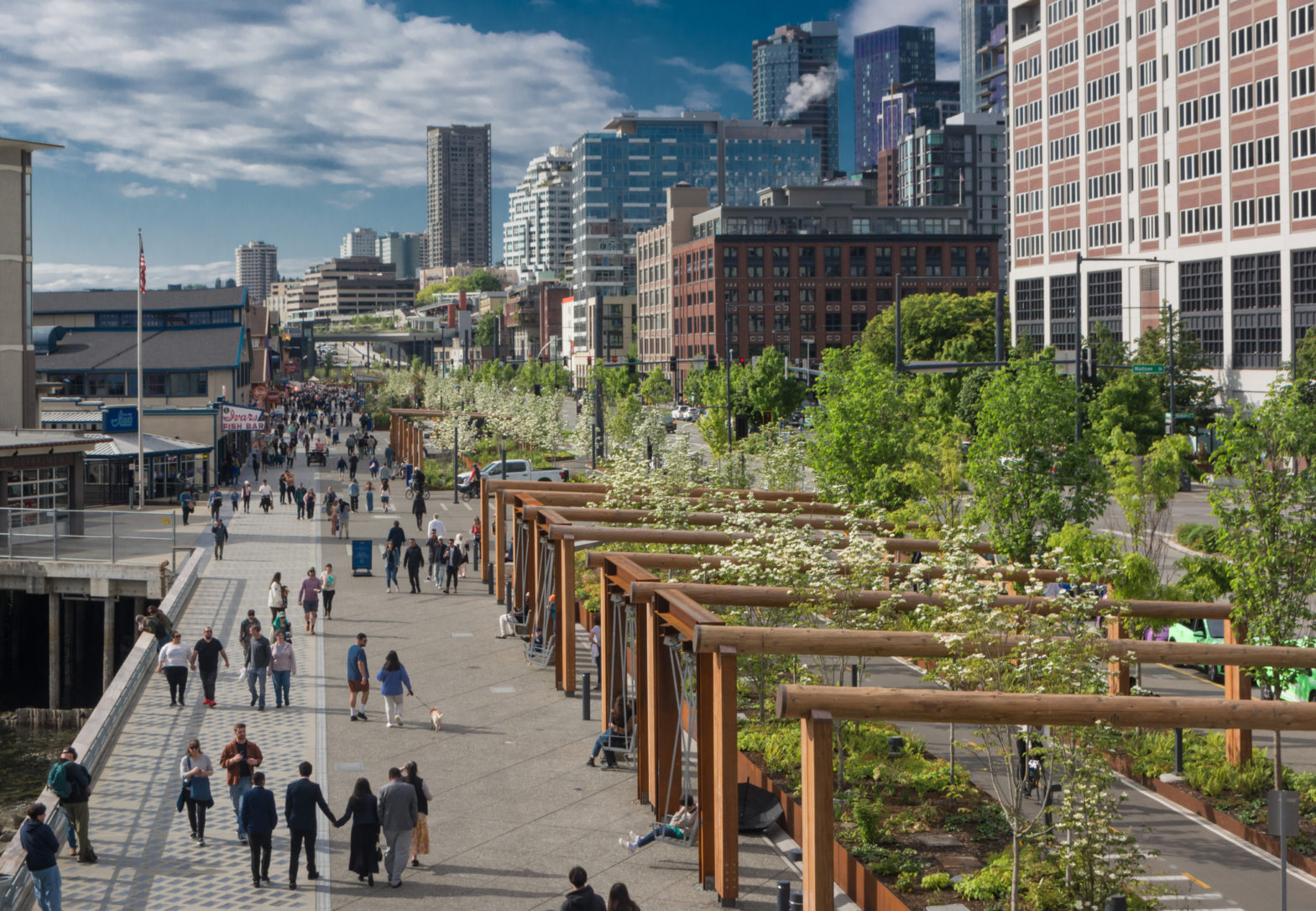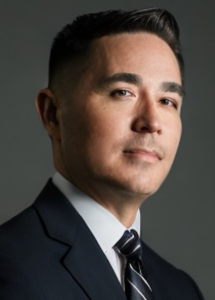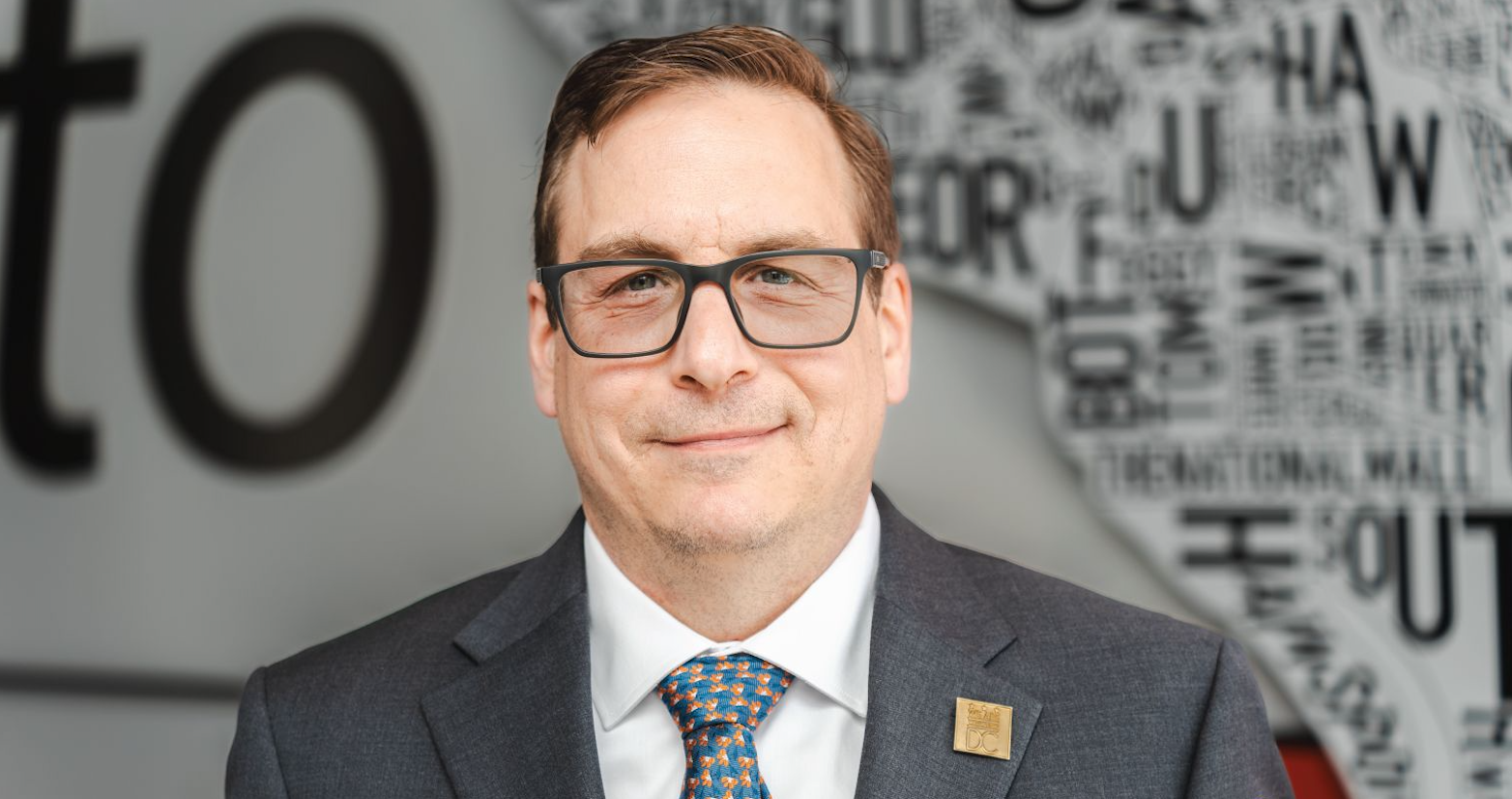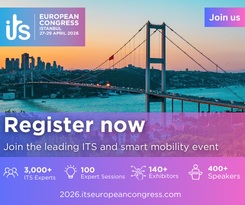
Seattle sets new benchmarks with responsible AI plan
16 September 2025
by Jonathan Andrews
Seattle has launched a new Responsible AI Plan and Community Innovation Hackathon Series designed to strengthen how the city governs artificial intelligence while embedding fairness, privacy, and community engagement at the centre of its approach.
The plan expands policy beyond generative tools to cover all AI solutions, establishes clear rules for prohibited and high-risk uses, and commits to hiring a dedicated AI lead who will oversee a new cross-departmental AI Governance Group.
Rob Lloyd, Seattle’s Chief Technology Officer, told Cities Today that the new approach is designed to move beyond pilots and ensure projects are aligned with the city’s most pressing priorities. He explained that proposals must now demonstrate sponsorship and value and will be closely monitored to ensure they deliver results.

“There will be initiatives where things do not produce, but the goal is to catch them early and to fail forward for future work, protecting security, privacy, and resources,” he said.
Balancing innovation with the workforce
Lloyd stressed that the city is not rushing into AI adoption without preparing employees.
“The City of Seattle began with training and upskilling before rolling out general access,” he said. “Our intent in that Fundamentals, Approaches, and Solutions structure is to support the people and change management parts of what AI is causing our employees and teams to see.”
The city is prioritising AI for tasks that often go unfinished or add strain to staff, with the goal of reducing workloads and supporting better decision-making. Employees and labour partners are helping identify areas where AI can provide the most value, from accelerating insights to addressing work that otherwise cannot be completed—all without displacing jobs.
Measuring success and engaging communities
Seattle also wants to ensure historically marginalised groups shape how AI is used. “Through participation, outreach, and engagement. It invests in positive impact in and for these communities,” he said. “And by watching the impact and adjusting based on what we see. Seattle is a national leader in our community engagement work, including through the leadership of our Department of Neighborhoods and our Innovation and Performance Office.”
The new AI Plan includes a Community Innovation Hackathon Series in partnership with AI House, bringing together students, community members, technologists, and city staff. Its first hackathon theme, “Youth Connector,” is focused on using AI tools to improve awareness and access to mental health and enrichment programmes for young people.
The city will track outcomes against key measures such as performance, reliability, adoption, scalability, return on investment, and alignment with business goals. Lloyd said these metrics, combined with stronger governance and training, will help ensure AI is deployed responsibly and with lasting impact.
Seattle was one of the first cities in the US to release a generative AI policy in April of 2023, which was then iterated and fully implemented that October. The original policy established governing principles for the city’s approach to AI including: innovation, accountability, reliability, fairness, privacy, explainability, and security.
Main image: Gregor Doerr | Dreamstime.com











